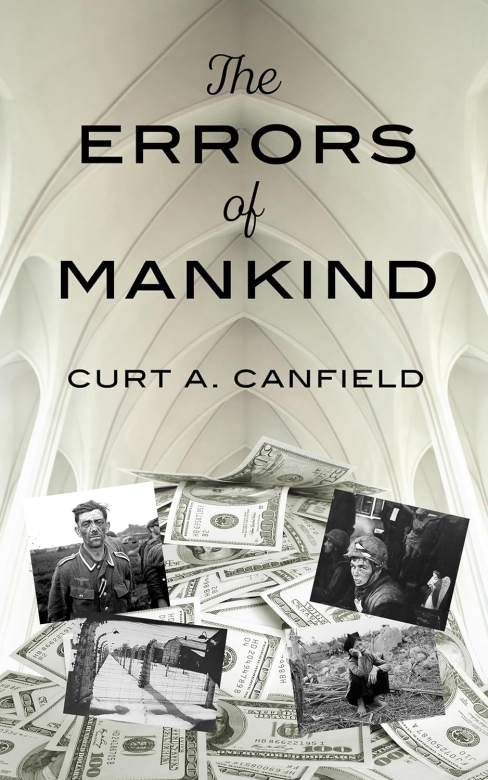
Timely in its message and poignantly packed with revelations, The Errors of Mankind by Curt A. Canfield is an essential historical critique framed as a fictional reunion.
While exploring the sprawling roots of his family tree, ex-US Marine Will discovers that a distant relative not only lives a short drive away, but also fought in World War II on both the eastern and western fronts – on the side of Nazi Germany. Will (“Willi”) is initially repulsed by Johann’s biography, but that initial reaction is tempered by curiosity, compassion, and lingering doubts about his own righteousness, attempting to draw similarities between them. Although his wife is unhappy with his controversial exploration of the past, Will is driven to pursue the project.
The book unfurls from there as a series of contentious conversations and Willi’s subsequent reflections, which force him to reckon with the moral watershed of duty to country vs. duty to humanity. Johann’s account of his time in the Waffen-SS brings up Willi’s own culpability as a veteran of the disastrous and deadly Vietnam War. On one visit, he encounters Lena, who had survived the horrors of Auschwitz, and suddenly the odd couple of military men becomes a tentative trio of interlinked trauma.
Watching opinions clash and change through rhetorical parries and challenging debates makes for an immediately immersive reading experience. From the very first conversation, Johann and Willi find points of both contention and commiseration, and the flow of their dialogue is enthralling, moving from personal perspectives and intimate grief to historical reflections and wartime nuance that never makes it into the textbooks.
While there is a push-and-pull of belief structures that play out throughout the novel, the text doesn’t attempt to falsely elevate the nobility of American foreign policy or Western geopolitical dogma. Early in the story, in fact, Willi acknowledges that the countries he and Johann served were both guilty of war crimes, and that his blind obedience to hierarchy in Southeast Asia was not entirely different from Johann’s service record in war-ravaged Europe. Challenging historical and popular narratives about justice, self-defense, nationalism, and aggression, this is a strikingly original read that subverts long-held assumptions.
Ultimately, this Socratic narrative is a philosophical musing on good and evil, and the spaces in human nature where such tendencies can grow. Despite centering on seminal examples of evil from the not-so-distant past, the ideological debates at the heart of this book are timeless, and frighteningly relevant to the contemporary world. On the personal level, Willi also shares an analysis of his own childhood, early instances of being “ensnared by the beast” of violence, and the resentment he was forced to bury whenever he betrayed his conscience, which is also universal in its scope. Readers may recognize such vulnerable confessions from the self-improvement genre, but rarely are they articulated so thoroughly in a fictional narrative.
From a technical standpoint, the prose is practically flawless, the emotions are visceral and richly depicted, and the author’s supportive research is meticulous. Reminding readers how often history is smudged, edited, or rewritten entirely by the victors, this incisive work of historical fiction elevates those inconvenient truths the world prefers to forget, while celebrating the insurmountable value of critical thinking.
Book Links
STAR RATING
Design
Content
Editing
Get an Editorial Review | Get Amazon Sales & Reviews | Get Edited | Get Beta Readers | Enter the SPR Book Awards | Other Marketing Services





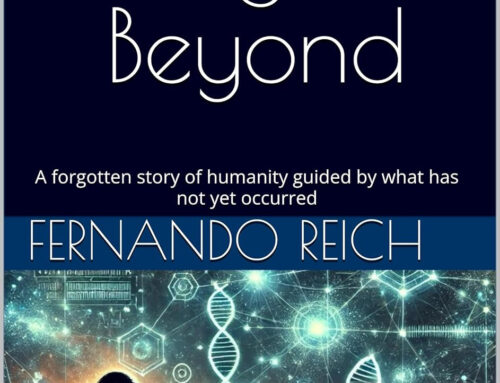
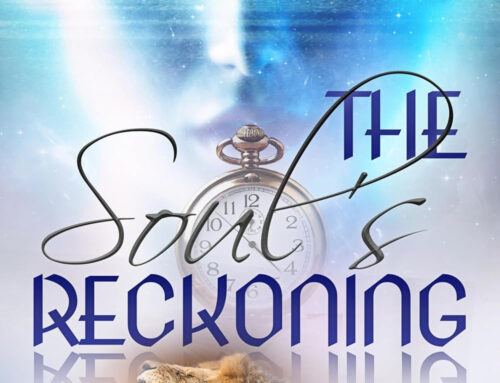
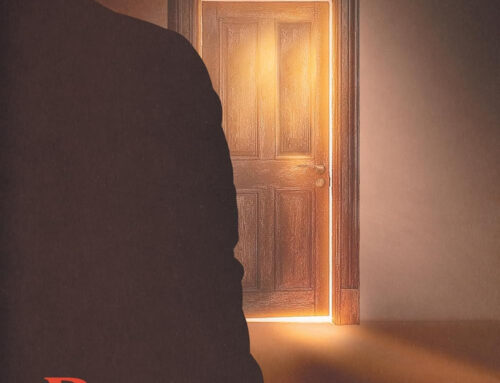
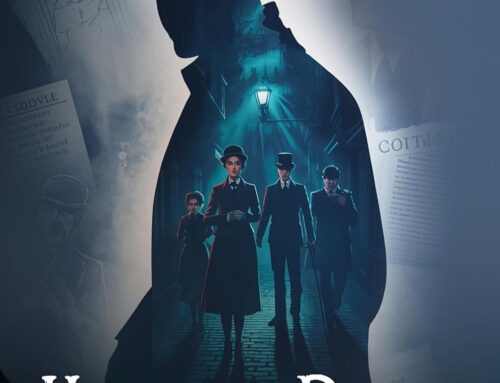
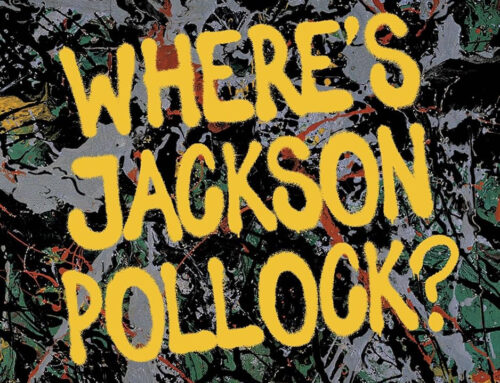
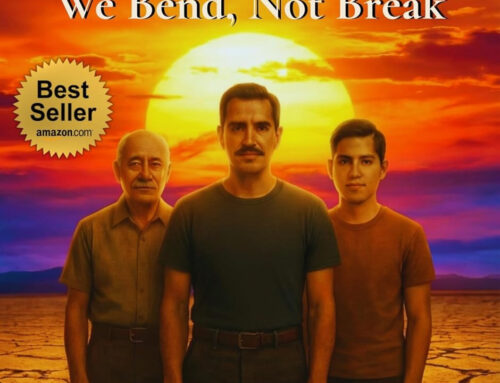
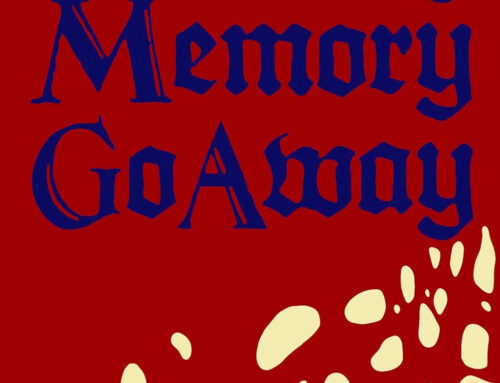

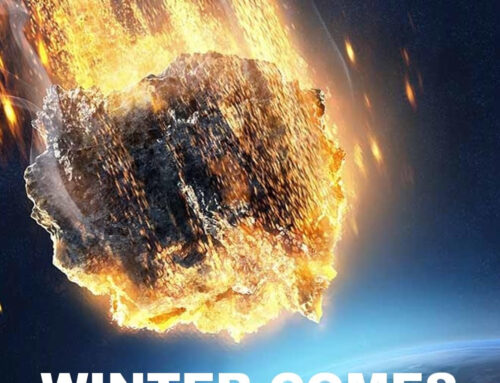
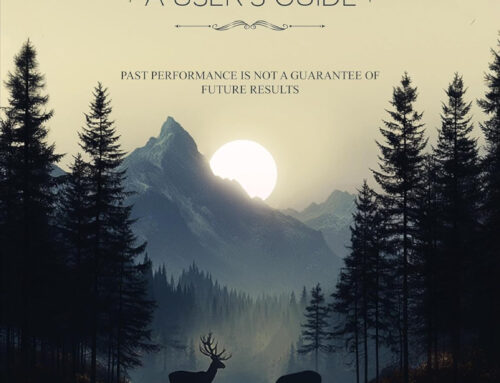

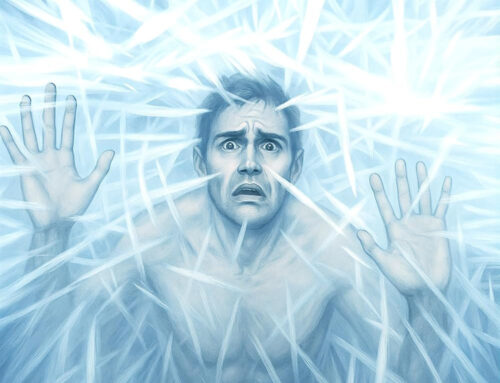



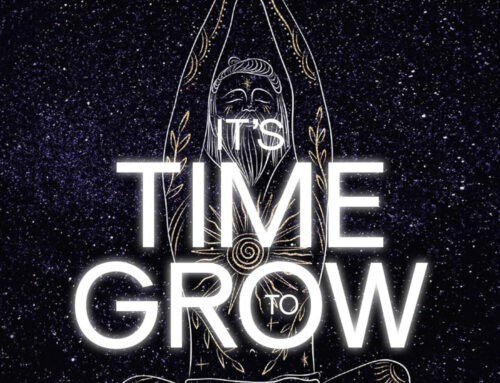
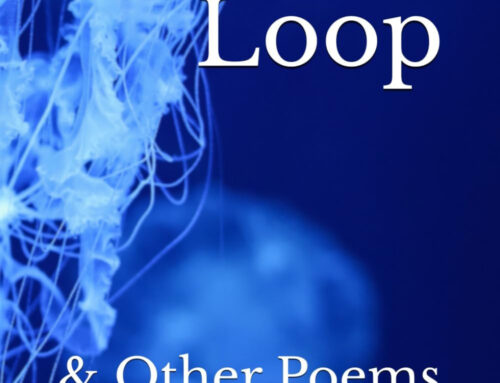

Leave A Comment